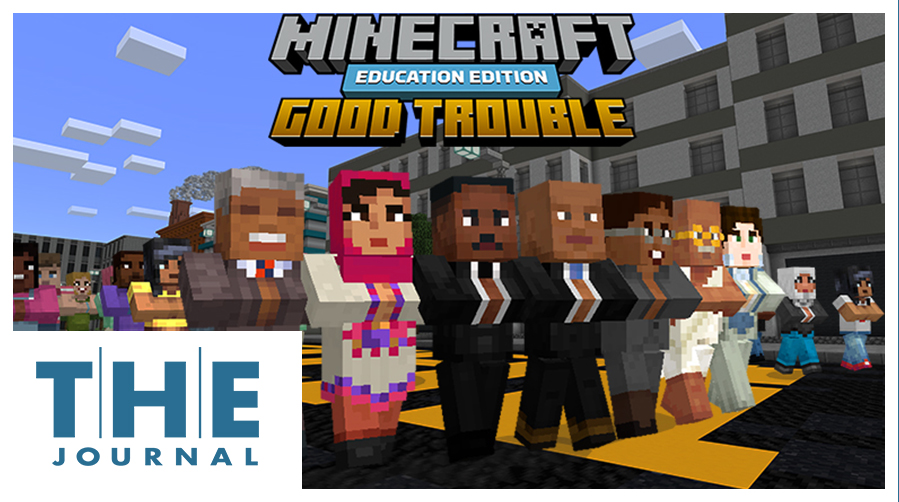
When Felisa Ford and her instructional tech colleagues in Atlanta had trouble getting the district's teachers on board with using Minecraft: Education Edition, she created a student ambassador program to empower young Minecraft experts to coach other students and teachers, and it was so successful that Microsoft started a learning path for educators to sponsor their own local student ambassador programs. Then came Good Trouble.
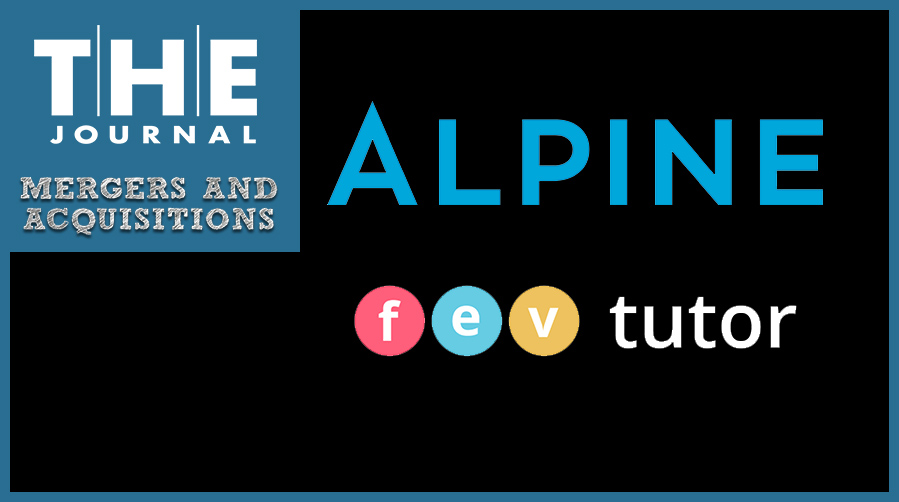
K–12 online tutoring platform FEV Tutor has been acquired by San Francisco-based private equity firm Alpine Investors, providing the resources for FEV Tutor to continue growing its product and its reach, according to a news release. Terms of the deal were not disclosed.
Aug. 15 is the deadline to apply for the National Society of High School Scholars’ Diversity, Equity, and Inclusion in Teaching Grant, for educators who serve in rural areas, diverse student populations, or are “actively promoting diversity and inclusion initiatives in their school or greater community.”
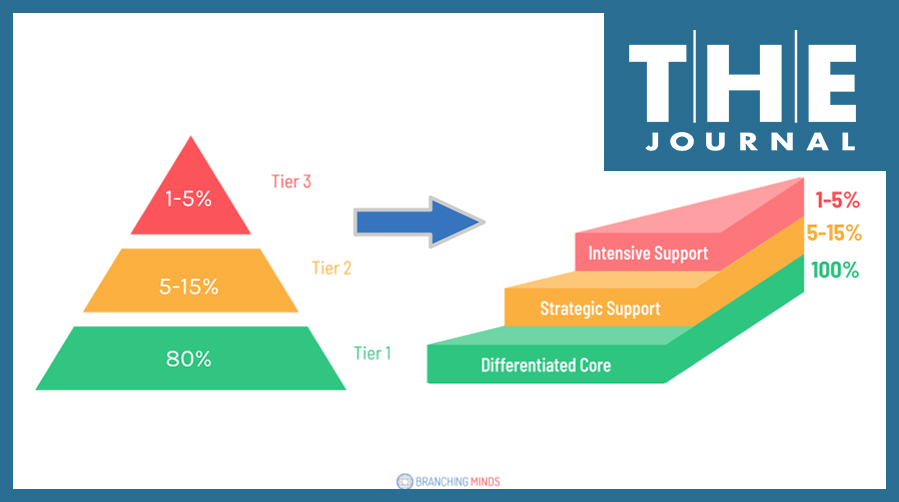
An educator and researcher explains how a simple shift in how educators understand and implement the Multi-Tiered System of Supports (MTSS) pyramid can help close the achievement gap in K-12 classrooms, schools, and districts.
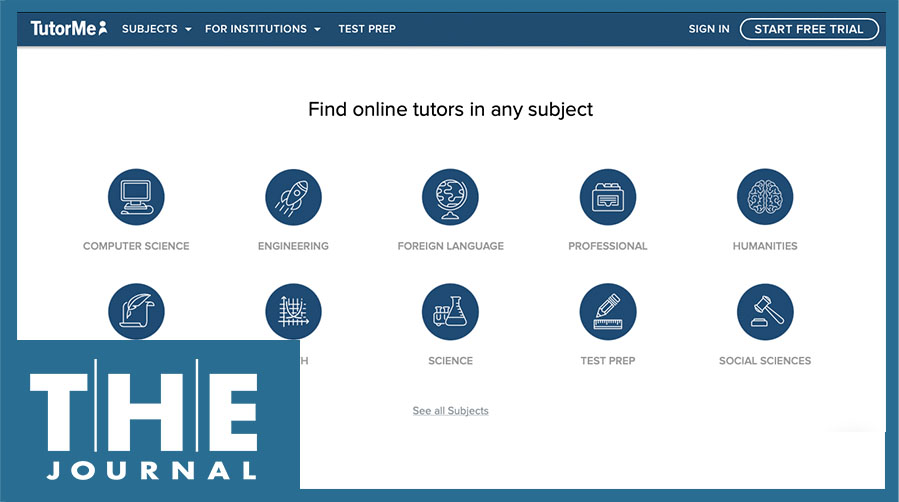
Amid explosive growth over the past two years, two recent top industry awards, and being acquired last month by GoGuardian, TutorMe Chief of Staff Kyle Baker spoke with THE Journal recently about the kind of tutoring that is proven to boost learning outcomes, how TutorMe's platform works, and what questions K–12 leaders should ask when considering a new large-scale tutoring program.
An educator and global literacy advocate explains why the "summer slide" is a serious issue and offers tips for teachers to help families support their students' reading progress during summer without hampering their summer fun.
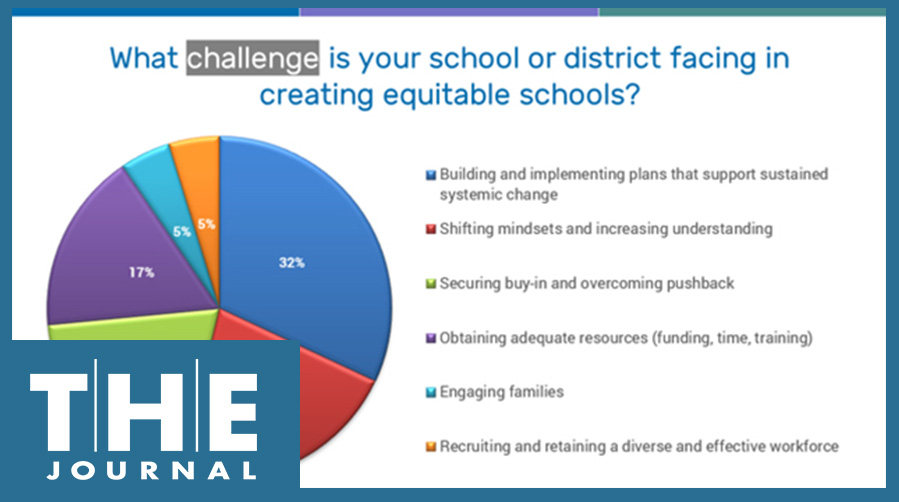
A superintendent leading the effort in Rochester, N.Y., toward making K–12 schools more equitable shares advice for school leaders working to create equitable conditions in public schools.
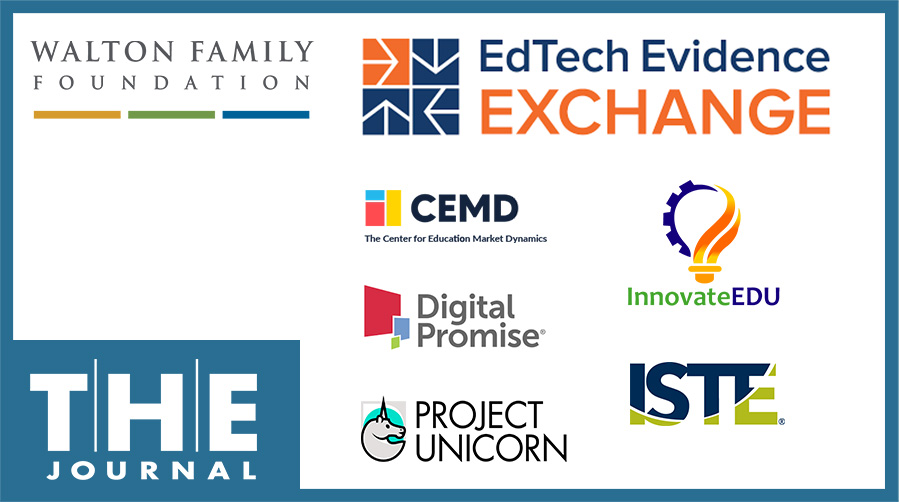
Five national education nonprofits today launched a new initiative that aims to centralize the collection and sharing of information about ed tech solutions serving U.S. public schools and create national standards for data interoperability and data privacy — initially funded by a Walton Family Foundation planning grant, according to a news release.

Verizon is celebrating 10 years of its digital inclusion-focused education initiative by announcing that the telecommunications company will launch Verizon Innovative Learning Labs in 50 more Title I schools this fall and is adding 50 new Title I schools to its Innovative Learning Schools program, bringing the program’s total reach to 561 schools nationwide, the company said.
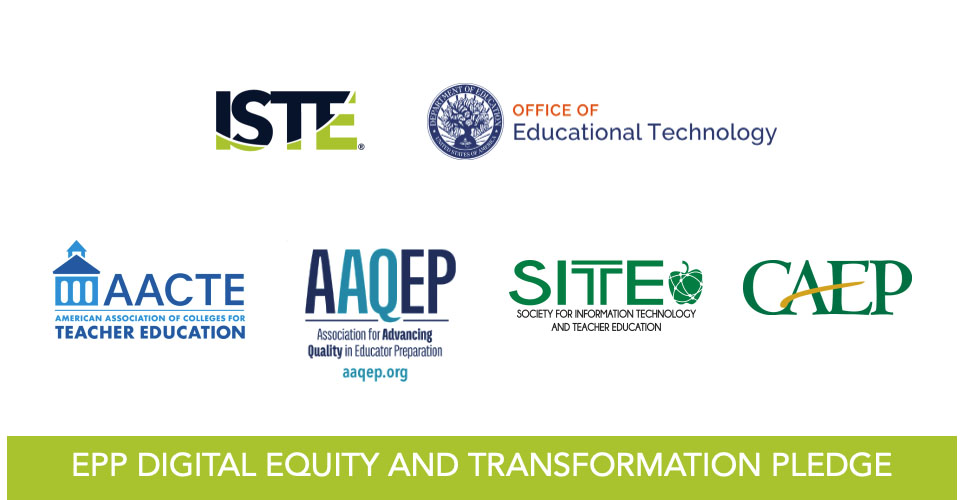
The International Society for Technology in Education and the U.S. Department of Education have launched an initiative to help educator preparation programs update their curriculum and methods to ensure new teachers enter the workforce with the digital learning skills needed to lead equitable learning in modern tech-enabled classrooms, the organizations announced today.